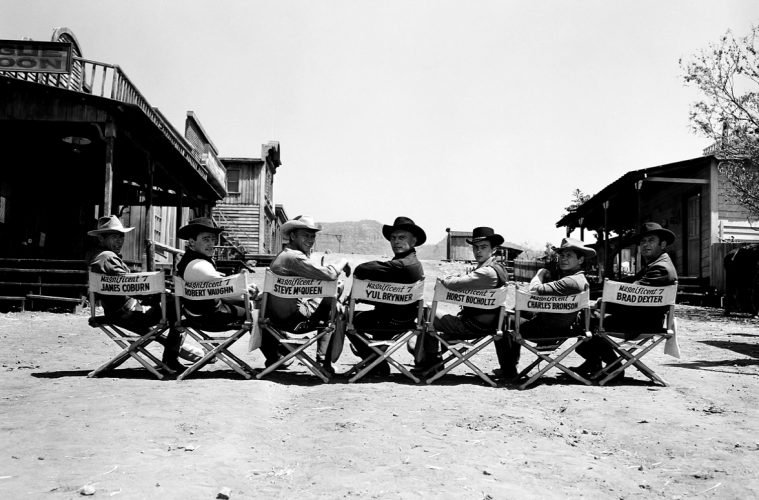“The victory belongs to those peasants. Not to us.”
This line, from the 1960 western The Magnificent Seven, serves as a warning to anyone remaking an iconic film – remember who the victors are.
Remakes often make the mistake of changing the point of view of a film – whether to “modernize” it or just appease a big-name Actor – the result is usually disastrous.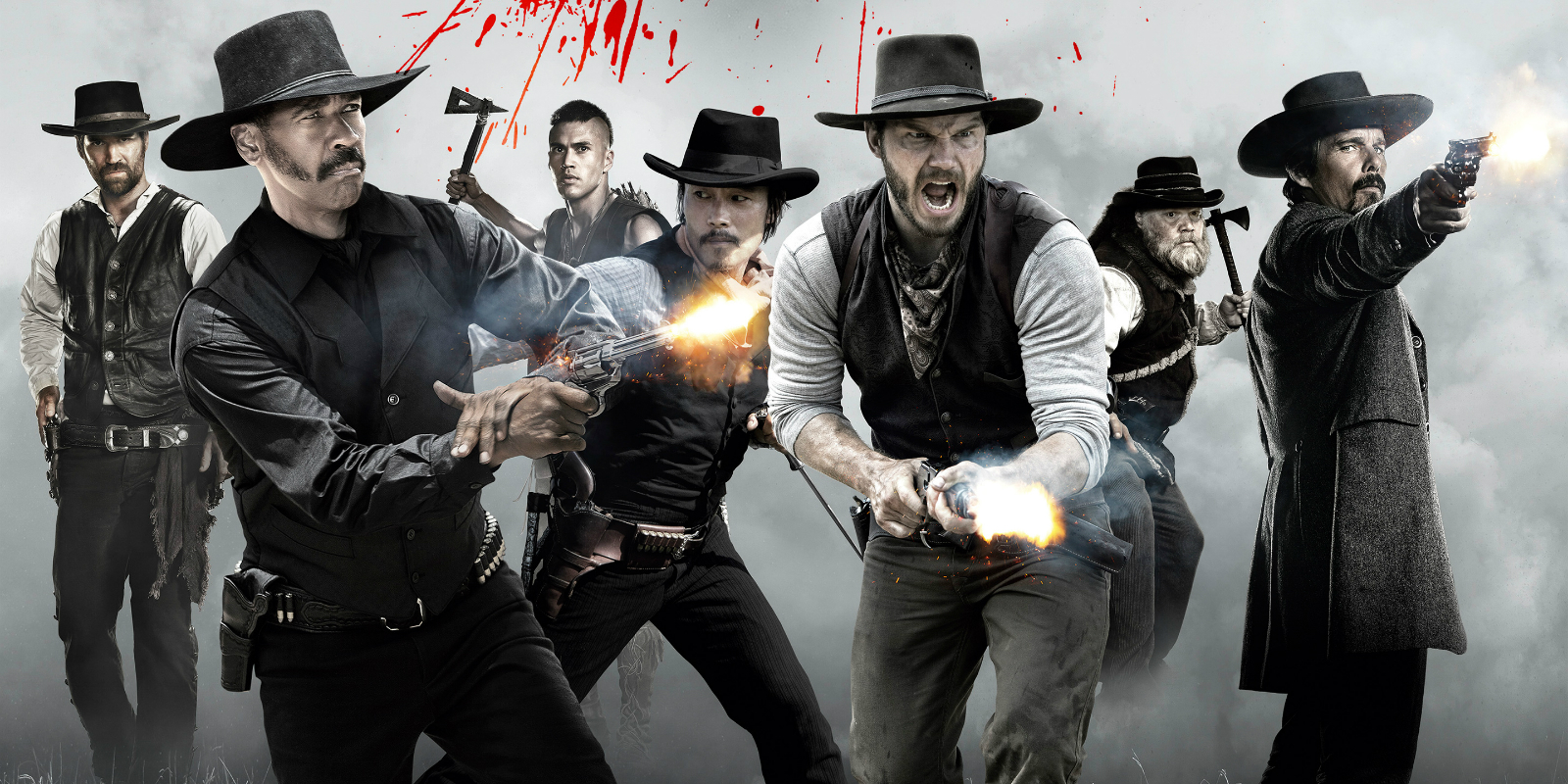 The new western The Magnificent Seven is actually a remake of two movies, beginning with legendary Japanese Director Akira Kurosawa’s 1954 film Seven Samurai.
The new western The Magnificent Seven is actually a remake of two movies, beginning with legendary Japanese Director Akira Kurosawa’s 1954 film Seven Samurai.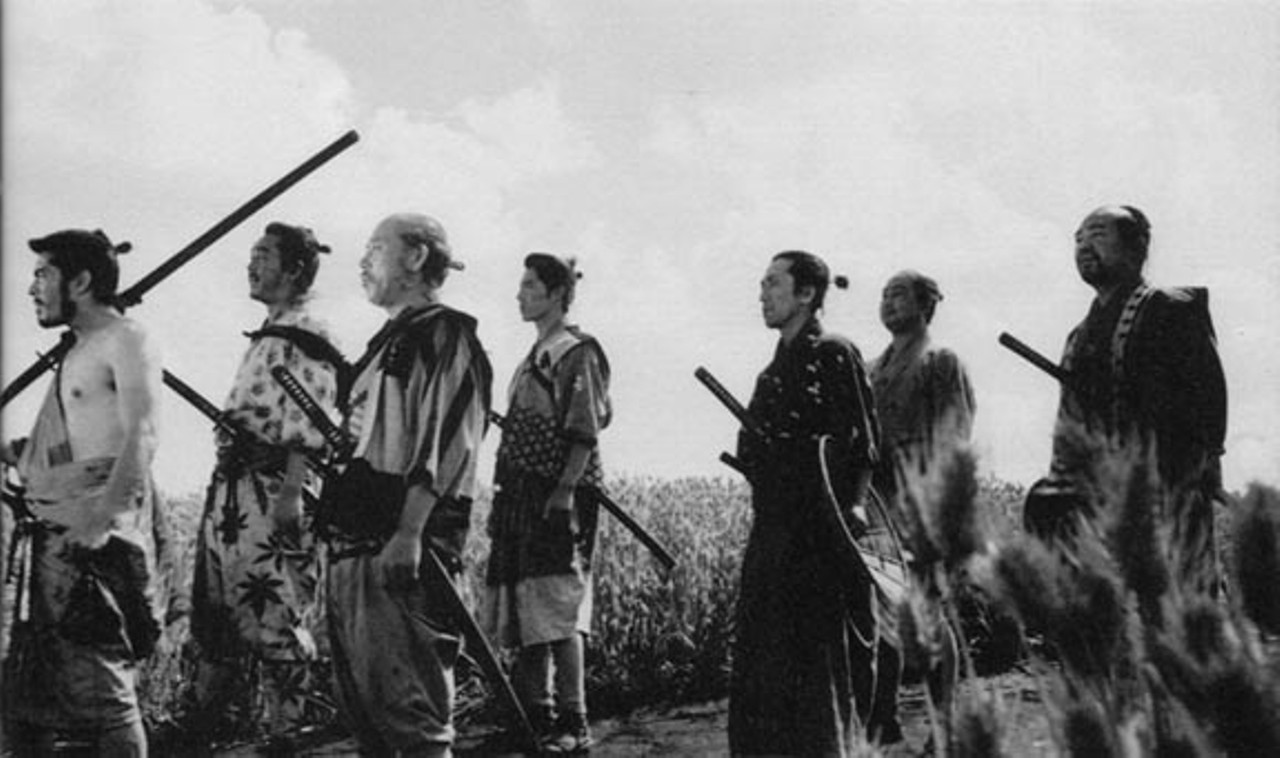 The plot is simple: a small village is terrorized by bandits, and they enlist the help of seven samurai to protect them. The reason they help forms the dramatic weight of the film. Seven Samurai is widely acknowledged as one of the greatest films ever made.
The plot is simple: a small village is terrorized by bandits, and they enlist the help of seven samurai to protect them. The reason they help forms the dramatic weight of the film. Seven Samurai is widely acknowledged as one of the greatest films ever made.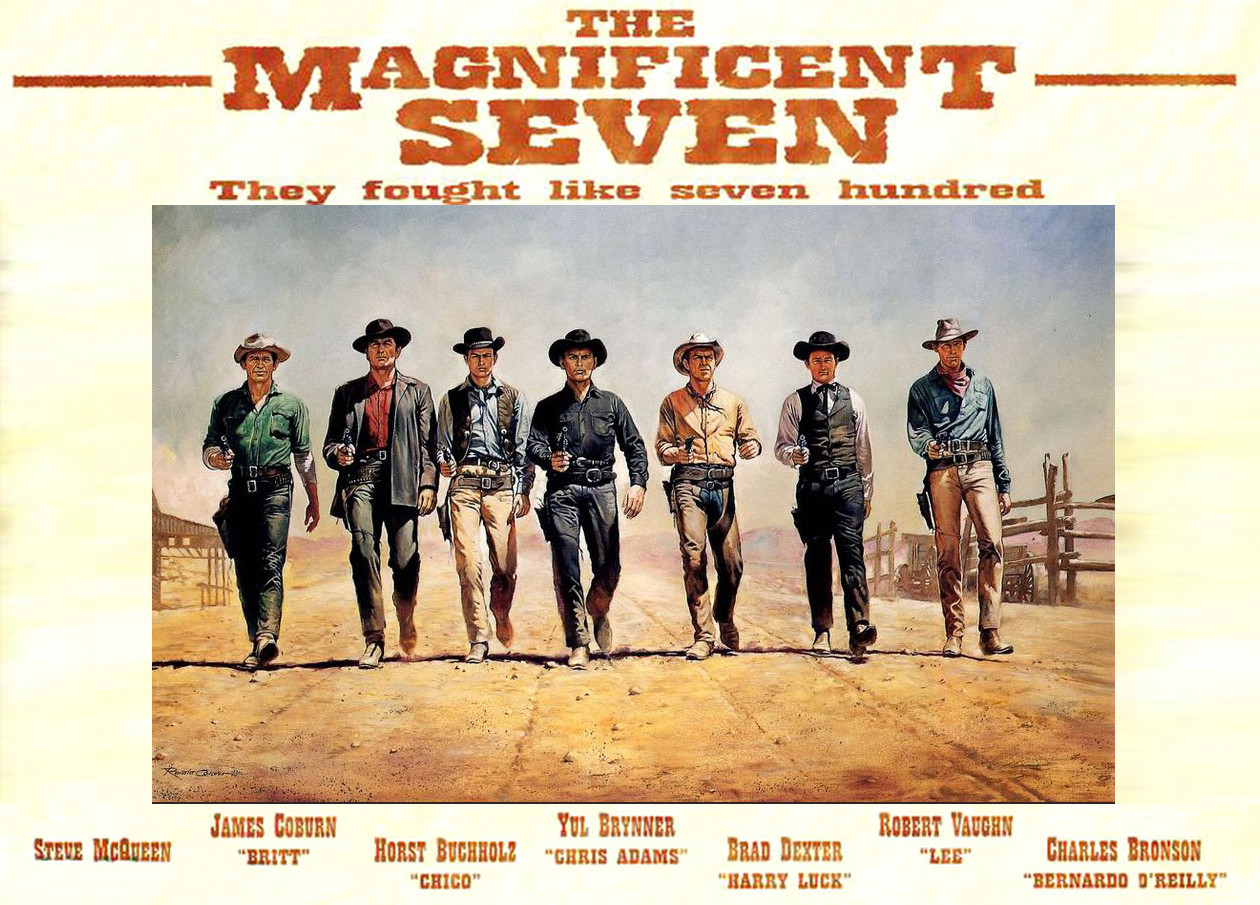
In 1960, Director John Sturges “Americanized” the film with The Magnificent Seven. Sturges respected Kurosawa’s original vision, and the film adapts the plot to the wild west to great effect.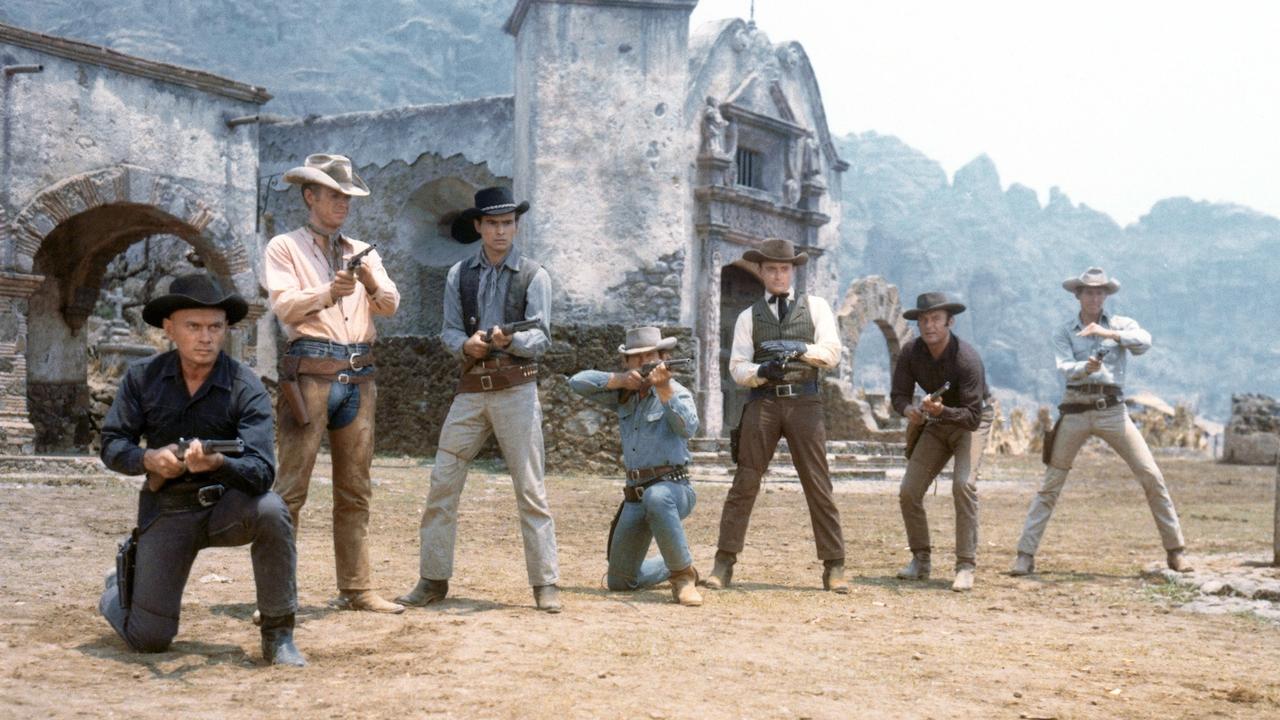 The 1960 film stars Yul Brynner, Eli Wallach, Steve McQueen, Charles Bronson, Robert Vaughn and James Coburn.
The 1960 film stars Yul Brynner, Eli Wallach, Steve McQueen, Charles Bronson, Robert Vaughn and James Coburn.
Here is the vintage trailer:
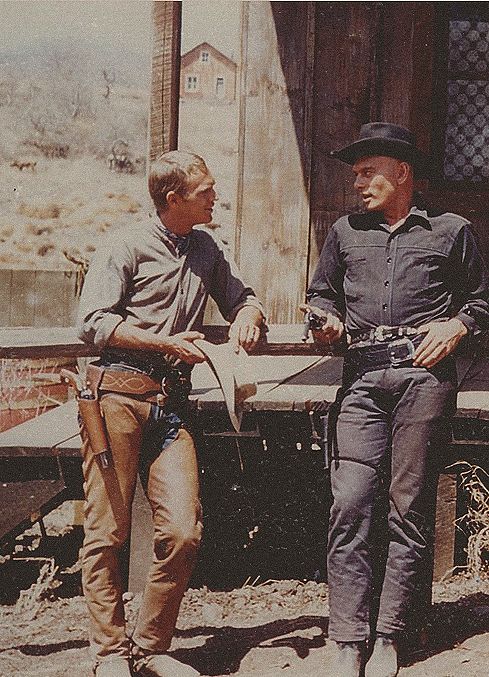 Yup Brynner recommended Steve McQueen for the film, but later regretted his decision when the young Actor continually upstaged him during filming. McQueen later apologized to Brynner.
Yup Brynner recommended Steve McQueen for the film, but later regretted his decision when the young Actor continually upstaged him during filming. McQueen later apologized to Brynner.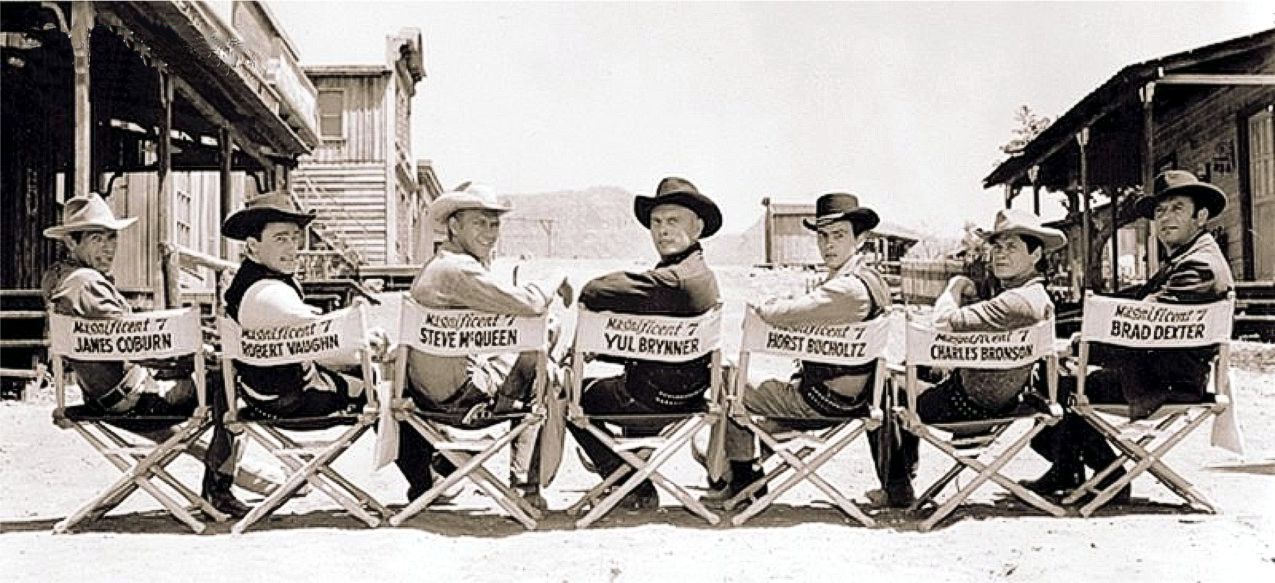 “You came back – for a place like this. Why? A man like you. Why?”
“You came back – for a place like this. Why? A man like you. Why?”
What makes the 1960 film a classic is how each Gunslinger has a motivation for his actions – just as in Seven Samurai, each character has a clearly defined reason to exist. These men may be seeking revenge, redemption, or just respect, but their individual motivations are what make the film work on such a large scale.
As one of the seven states in the film:
“The victory belongs to those peasants. Not to us.”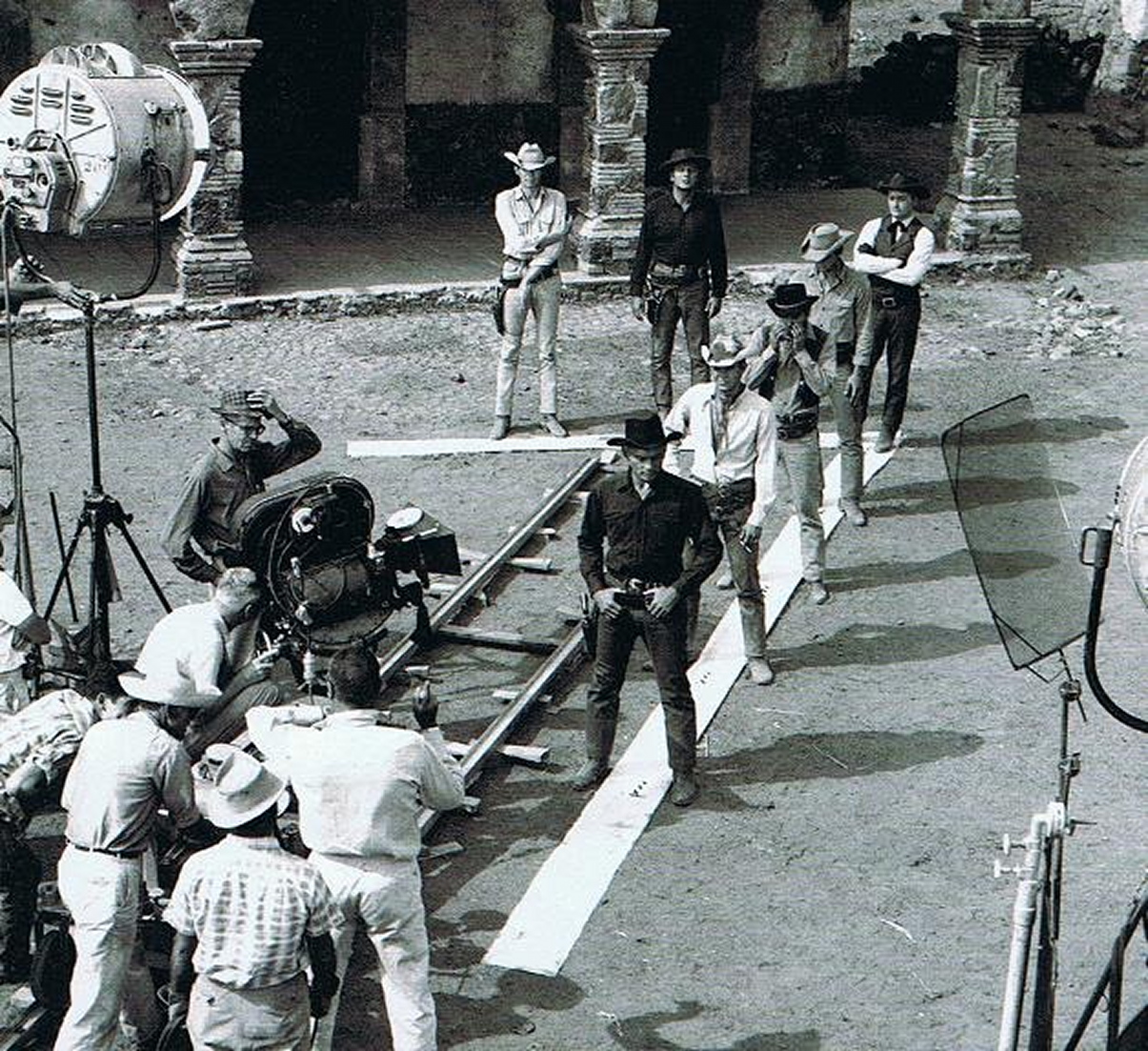 By the way, Seven Samurai Director Akira Kurosawa was so impressed by The Magnificent Seven that he sent Sturges a ceremonial sword as a gift.
By the way, Seven Samurai Director Akira Kurosawa was so impressed by The Magnificent Seven that he sent Sturges a ceremonial sword as a gift.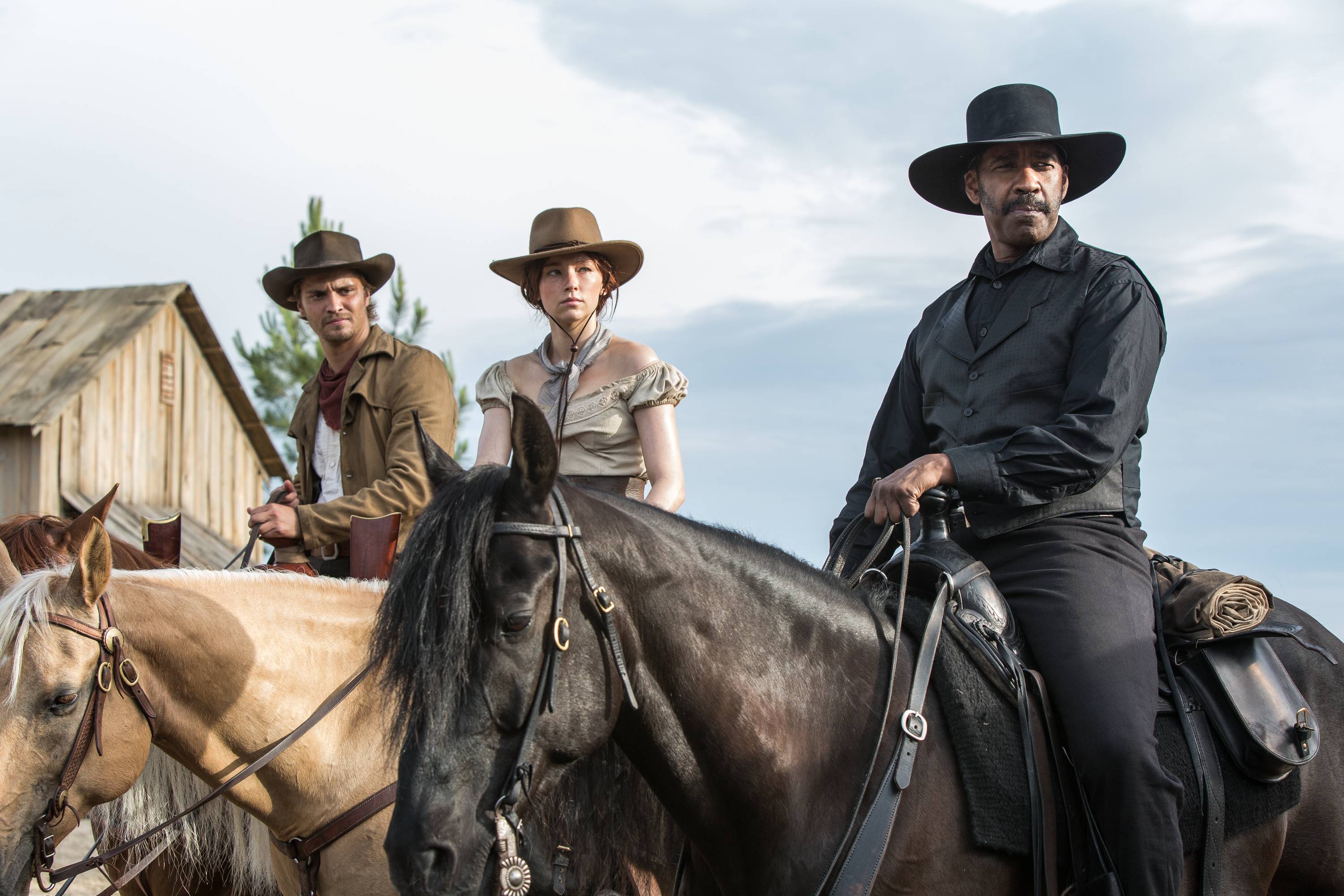 “You seek revenge?”
“You seek revenge?”
“I seek righteousness, but I’ll take revenge”
This dialogue from the 2016 version of the film re-enforces how Director Antoine Fuqua has managed to re-tell this story without destroying the point of it – here is the trailer:
“What we lost in the fire, we found in the ashes.”
In so many cases, remakes destroy the intent of a film in order to appease an A-list cast – but that hasn’t happened here.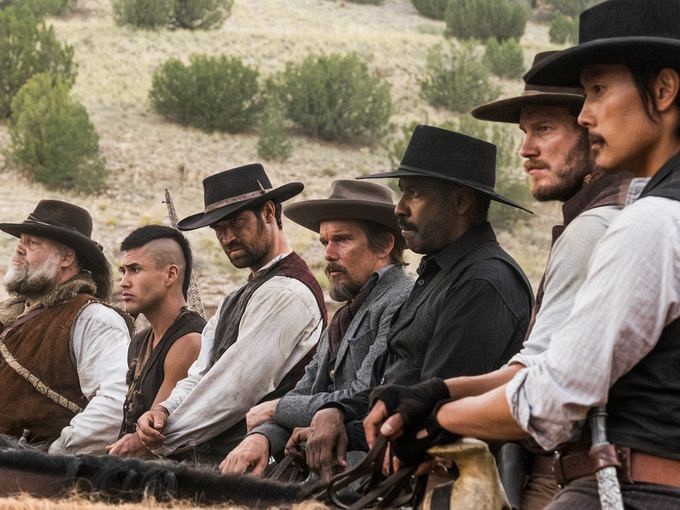 Fuqua respects the integrity of the original story, allowing each character to have a motivation for their actions: revenge, redemption, respect – and by respecting the original movies, Fuqua has added a great new chapter to the story.
Fuqua respects the integrity of the original story, allowing each character to have a motivation for their actions: revenge, redemption, respect – and by respecting the original movies, Fuqua has added a great new chapter to the story.
A great triple bill awaits.

